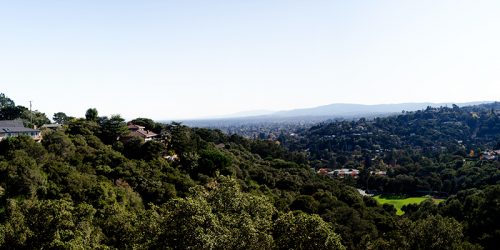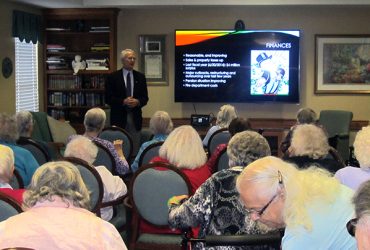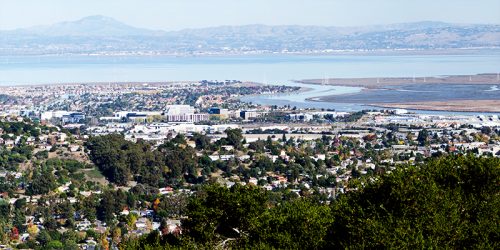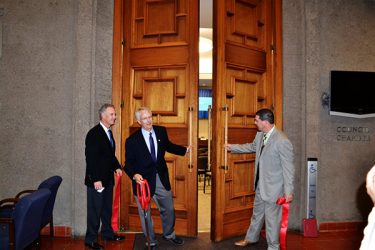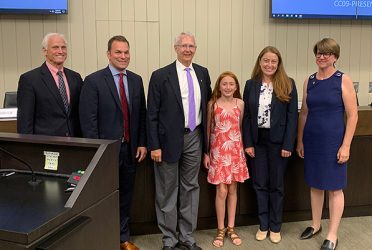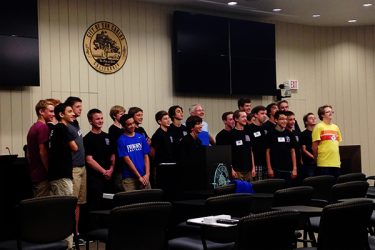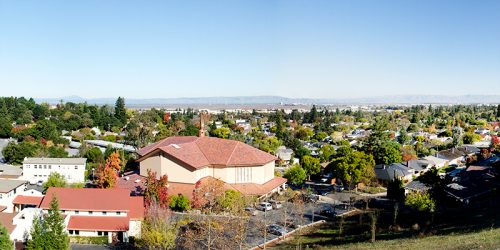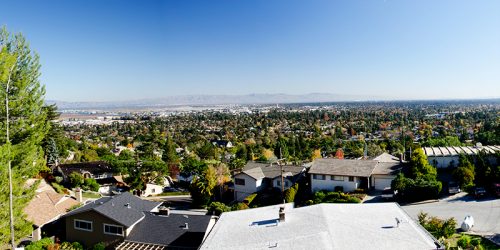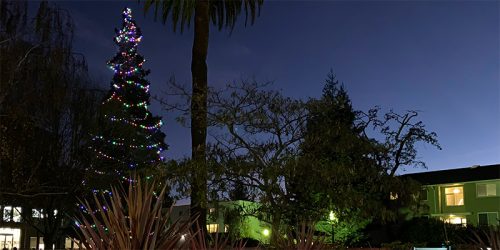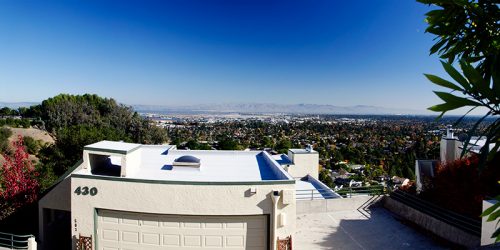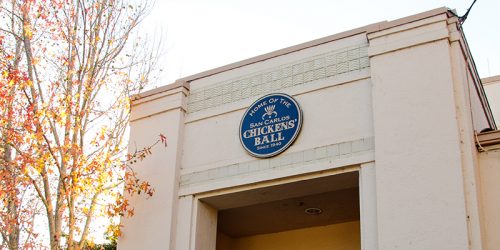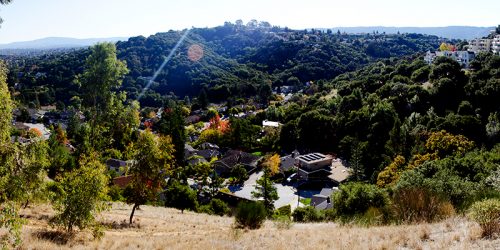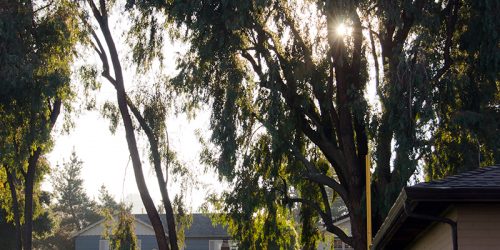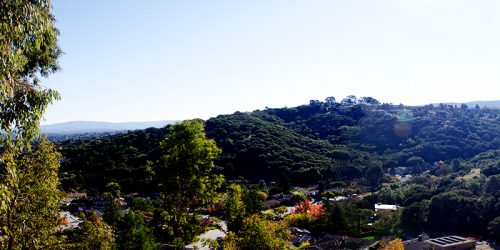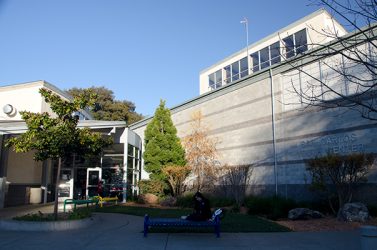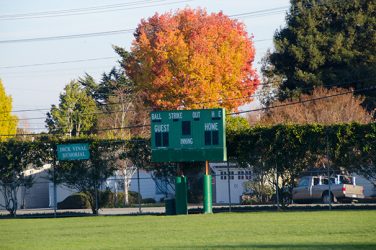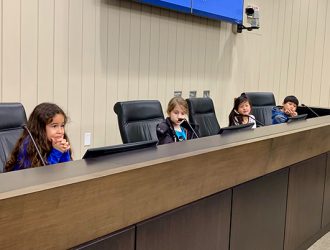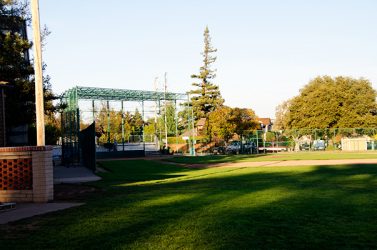Imagine a public agency being threatened with a lawsuit for something it’s done, or hasn’t done. Seeking to avoid going to court it enters settlement discussions with the potential litigant. The strategy it decides to follow is set in closed session discussions. That’s allowed because it protects the public interest by not letting the other side see the agency’s cards.
Those talks are only reported in the minutes as “discussions involving potential litigation”. The minutes typically include a reference to the area of law under which the threat is being made but, frankly, I don’t generally find those particularly helpful in understanding the nature of the discussions because they’re generally pretty broad-brush. And I’ve been a local elected official for almost 20 years.
Fast forward to the end of the settlement discussions. The agency determines the details of a final offer it is willing to accept, and instructs its attorneys, in closed session, to extend the offer to the potential litigant.
If the other party accepts the offer as is — meaning it makes no requests for changes — then the settlement is executed by the potential litigant and the agency, public funds get disbursed…and the matter never, ever appears in the minutes.
Sound strange? It sure does to me…but it’s allowed under California’s public agency disclosure and accountability laws. Here’s the relevant language (lightly edited for brevity, and emphasis added):
CHAPTER 9. Meetings [54950 – 54963]
54957.1.
(a) The legislative body of any local agency shall publicly report any action taken in closed session and the vote or abstention on that action of every member present [nb: this is a good thing, and an example of our fundamental commitment to public agency transparency], as follows:
subsections 54957.1(a)(1) and 54957.1(a)(2) omitted for brevity
(3) Approval given to its legal counsel of a settlement of pending litigation, as defined in Section 54956.9, at any stage prior to or during a judicial or quasi-judicial proceeding shall be reported after the settlement is final, as follows:
(A) If the legislative body accepts a settlement offer signed by the opposing party, the body shall report its acceptance and identify the substance of the agreement in open session at the public meeting during which the closed session is held [nb: this is the case where the other side makes a final offer and the agency accepts it as is].
(B) If final approval rests with some other party to the litigation or with the court, then as soon as the settlement becomes final, and upon inquiry by any person, the local agency shall disclose the fact of that approval, and identify the substance of the agreement.
As long-time readers of my blog hopefully know, I always remind people that it’s best to do more research before leaping to conclusions. The correct response to seeing what appears to be a “stupid law” is “what don’t I know and how do I learn more about why the law is written this way?”.
But…this sure seems like a huge gaping hole in California’s public disclosure laws.
It’s also a really interesting catch-22: the public is entitled to know about the executed settlement…but only if someone asks about it. How would someone know to ask about it unless it’s mentioned somewhere in the minutes? The only other way would appear to be some agency employee leaking the existence of the executed settlement to the public at large.
That could require quite a bit of personal bravery. I’ve learned savvy attorneys often include language threatening all sorts of dire consequences for any member of an agency who discloses the existence of such a settlement.
I suppose a journalist could file a public records act request seeking information on any and all settlements entered into by an agency during some time window. But while the media periodically asks for information about the salary and benefits of senior public officials — it’s an annual staple of local journalism — I can’t recall seeing any inquiries into undisclosed settlements.
54957.1(3)(B) really doesn’t seem like a good provision to have in our transparency laws. But I’m not a lawyer or a member of the Legislature, so I don’t pretend to know all the other factors that went into including it.
I will learn what those are, however, by talking to our state representatives about it. And I’ll let you know what I learn.
Stay tuned.

